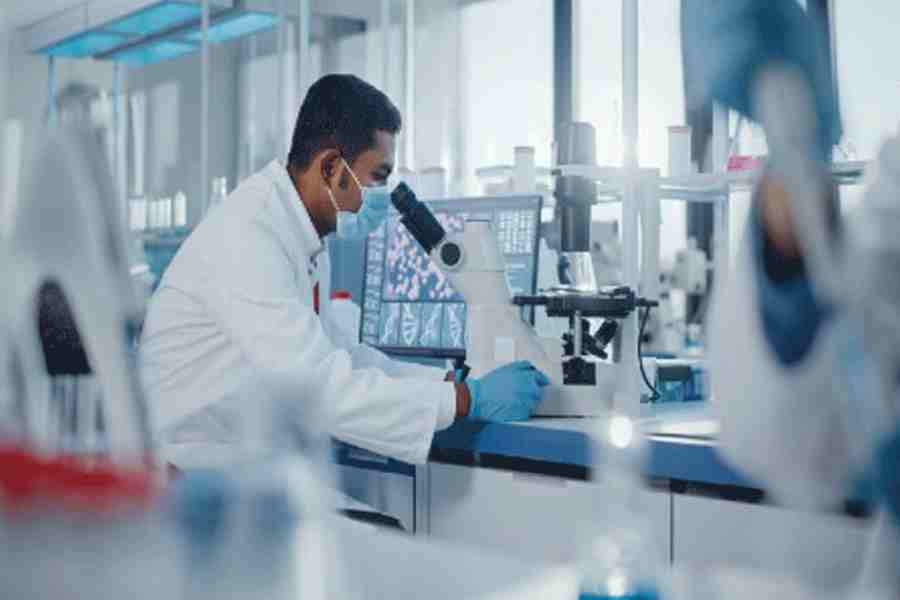Science reinforces in us a sense of intellectual aura as well as adventurism to unravel the intriguing secrets of nature. The pursuit of science has led to groundbreaking discoveries and technological advances. But the process of cultivating scientific curiosity has been left unprotected from the clutches of instrumentalism. It is quite alarming that several surveys have confirmed widespread dissatisfaction and anxiety among scientists, especially those on fixed contracts or are early-career researchers, that are resulting in intellectual calcification and, subsequently, alienation.
Scientific inventions are organic, cumulative, and cooperative processes. The scientific revolution in Europe was based on the principle of the freedom of the mind. But now, with governments exonerating their role in supporting research and development and conceding those spaces to private enterprises, freedom in science is getting compromised, impeding the intellectual labour of scientists for the greater good.
The unease among young scientists is the result of structural conditions, such as low wages, insecure contracts, and the pressure of publication that are stifling intellectual curiosity. But the real problem concerns the alienation of labour. Significantly, intellectual calcification-induced alienation in the sciences is yet to find space in the public discourse.
Companies extracting intellectual labour from scientists are alienating them from their creations. Imagine that you have been part of a life-saving drug discovery that your neighbour is unable to afford owing to the surrender of your intellectual labour to private corporations. For instance, insulin is still unaffordable for millions of people despite not being patented by its discoverers (Banting and Best), exemplifying the alienation of scientific labour from its creation. This surrender of intellectual labour in exchange for wages is a form of submission that undermines freedom, which is indispensable to creativity and discoveries.
The second stage of the alienation process is alienation from labour activity. The scientific enterprise is not immune to this. Reduced freedom in science transforms scientists into a constituency of experimentalists testing the ideas and hypotheses of supervisors or merely responding to the demands of the market, leading to monotonous labour activity. Funding agencies determine research activity of scientists by allocating funds for a specific research area, thereby suppressing intrinsic scientific curiosity further.
The alienation of scientific labour is also exacerbated by the imposition of the need to acquire marketable skills. For example, in academia, evaluation of job applicants is often based on publication history. This begins a crisis because professionals are selected not on the basis of their ability to nurture critical thinking but their ability to keep products afloat in the market. Peter Higgs, a Nobel laureate, had once said, “Today, I wouldn’t get an academic job. It’s as simple as that. I don’t think I would be regarded as productive enough.” Who, how, and what define productivity in science?
Despite all the efforts to inject ‘efficiency’ in science, research productivity has decreased in the United States of America. Unleashing the potential of individual
scientists requires an ecosystem where the right to innovate is not imperilled
by threats of scarcity and failure. The forcible compartmentalisation of scientists from their innate motivation/passion is bound to alienate labour in science and undermine their creativity.
Jameel Barkat is a postdoctoral fellow at the Institute of Biomedicine at the University of Gothenburg. Saifullah Lone is Ramanajun Fellow at NIT Srinagar











